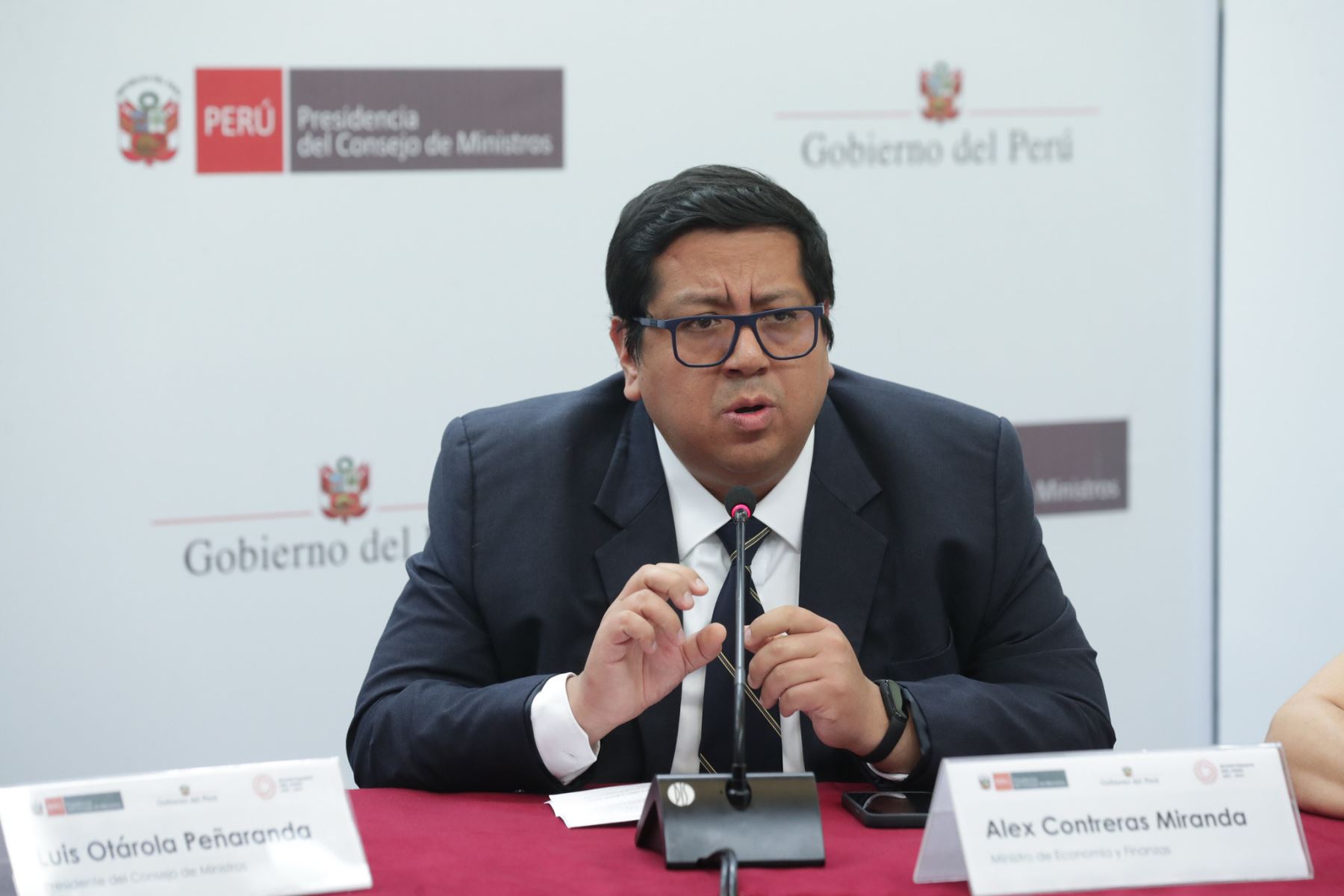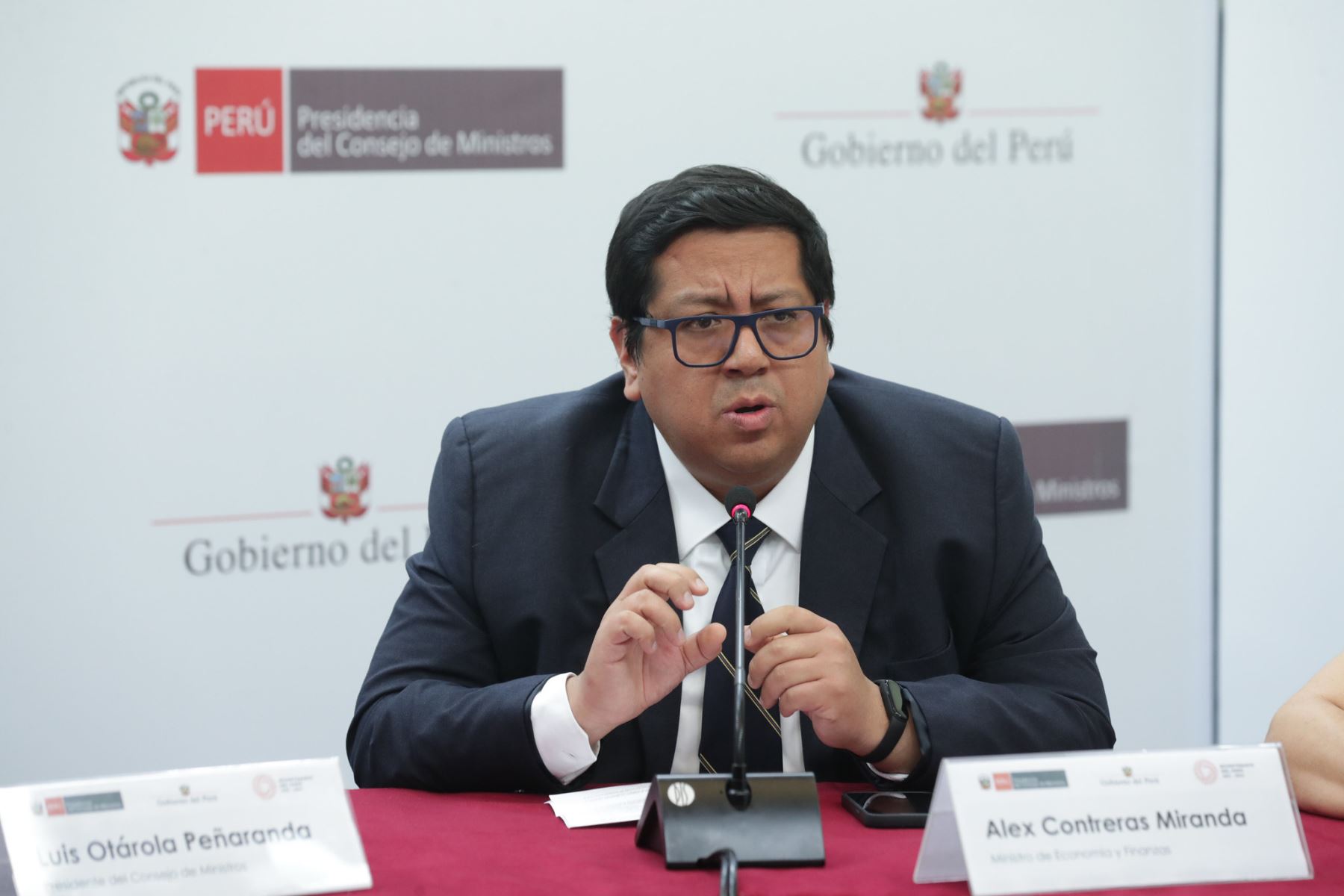
LIMA, Feb 25 (NNN-ANDINA) — Economy and Finance Minister Alex Contreras stressed that Peru’s public budget had grown five times over the past 20 years and now exceeds S/270 billion (over US$70.66 billion), which enables resources to be transferred to regions. Yet they are not executed 100%.
He said the public budget was worth around S/50 billion (about US$13.09 billion) in the year 2000.
It has increased more than five times during the last two decades, Contreras noted.
“Now we have more than S/270 billion (over US$70.66 billion) for the national, regional, and local governments,” he stressed.
The Cabinet member indicated that, although Peru relies on economic resources, no progress has been made on closing infrastructure gaps with schools, water, sanitation, roads, and electricity (public works), because regional governments do not manage to execute the entire allocated budget.
“I have always been mentioning that; decentralization in Peru has been a failed and imperfect process; it is not a matter of fiscal space, there is fiscal space; as proof of this, more than S/18 billion (over US$3.82 billion) is not executed per year,” he said.
The Ministry of Economy and Finance’s (MEF) head said that on average regions execute 70% (of their budget). However, Huanuco executed less than 40% of it last year.
“There is discontent among the people; indeed, but part of this discontent is not so much because the resources do not arrive, they do reach regions, but they are not executed. So, gaps are not closed,” he emphasized in remarks to Radio Exitosa on Thursday.
Similarly, the government official indicated that there are regions which have many resources for (public) works due to mining activity that is carried out in their territories. There is a lot of heterogeneity in terms of resources by region as well.
“There are districts in Peru where the budget for investment per capita can reach S/250,000 (about US$65,428), but there are also other districts in Peru where it cannot even reach S/10 (about US$2.62) or S/5 (about US$1.31); We can’t close gaps with that (amount),” he explained. — NNN-ANDINA





